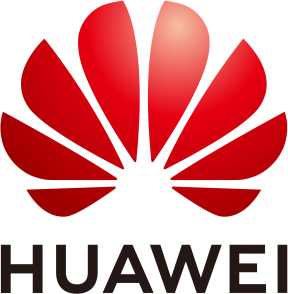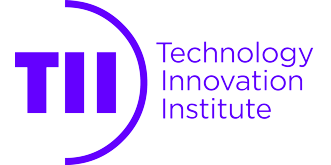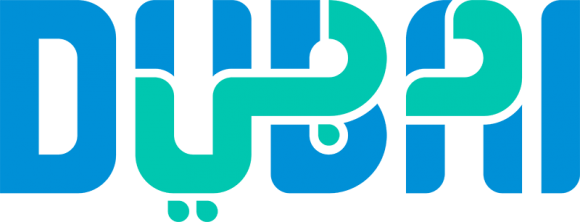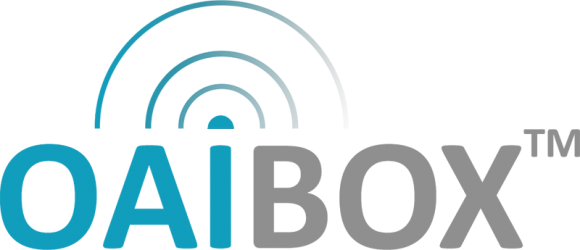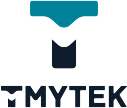Download the WCNC 2024 Call for Papers flyer here.
***UPDATE*** CFP Deadline Extended to 25 October 2023 (FIRM).
The submissions of technical papers should be made on EDAS in the following four tracks. Submissions should be in PDF and are limited to 6 pages, double column, 10-point font.
The technical program is organized in four technical tracks.
Track 1: Physical Layer and Communication Theory
Track Chairs: Mark Flanagan, Univ. College Dublin, IRL; Daniel B. da Costa, Technology Innovation Institute, Abu Dhabi, UAE; Domenico Ciuonzo, Univ. of Naples “Federico II”, IT; Miaowen Wen, South China Univ. of Technology, CN
- Antennas and RF
- Channel Modeling and Estimation
- Coding Theory
- Energy Harvesting and Low Energy Communication
- Feedback and Two-Way Communication
- Free Space Optical Communication
- Fundamentals of Age of Information
- Holographic Surfaces and MIMO
- Information Theory and Channel Capacity
- Integrated Sensing and Communications
- Iterative Techniques, Detection, and Decoding
- Low Resolution Communication
- Millimeter-Wave and Terahertz
- Next Generation MIMO and Massive MIMO
- Physical Layer Security
- Propagation and Interference Modeling
- Relaying and Self-Backhauling
- Short Packet and Finite Block Length Communications
- Stochastic Geometry
- Waveforms and Modulation
- Wireless Power and Information Transfer
TRACK 2: MEDIUM ACCESS CONTROL AND NETWORKING
Track Chairs: Yansha Deng, King's College London, UK; Sinem Coleri, Koc University, TR; Maurice Khabbaz, American University of Beirut, LEBN; Valeria Loscri, INRIA, FR
- Age and Value of Information for Networks
- Backscatter Communications
- Cognitive Radio and Networking
- Cooperative Communications and Networking
- Edge Computing, Edge Intelligence and Fog Networks
- Energy-Efficient and Green Networking
- Multihop Networks
- Multiple Access and Contention
- Network Economics
- Network Slicing
- RAN Data Collection and Storage Enhancement
- Resource Management
- Routing and Congestion Control
- Scheduling and Opportunistic Communications
- SDN/NFV
- Semantics of Information
- Spectrum Sensing, Access, and Sharing
- Unlicensed Spectrum and Licensed/Unlicensed Inter-Networking
- URLLC, Time Sensitive, and Deterministic Networking
- Wireless Network Security and Privacy
TRACK 3: RESOURCE ALLOCATION AND MACHINE LEARNING
Track Chairs: Rui Zhang, National University of Singapore, SG; Alessio Zappone, Univ. of Cassino, IT; Pierluigi Salvo Rossi, Norwegian Univ. of Science and Technology, NO; Xiangyun (Sean) Zhou, The Australian National University, AU
- Bayesian Optimization for Wireless Communications
- Communication-inspired Machine Learning
- Convex and Non-Convex Optimization for Wireless Communications
- Cross-Layer Optimization
- Data-driven Network Modelling and Optimization
- Datasets for Wireless Systems and Channels
- Deep Learning for Wireless Communications
- Deep Unfolding for Wireless Communications and Networks
- Distributed Learning for Wireless Communications
- Distributed Optimization & Resource Allocation for Wireless Communications
- End-to-end Machine Learning over Wireless Channels
- Game-Theoretic Approaches to Wireless Communications
- Implementation of Machine Learning Algorithms for Wireless
- Load Balancing and Cell/Band Association
- Model-Aided Machine Learning for Wireless Communications
- Networking Architectures for Artificial Intelligence
- Performance Analysis of Machine Learning Techniques for Wireless Communications
- Reinforcement Learning for Wireless Communications
- Resource Allocation for Wireless Communications and Networks
- Scalability of ML for Wireless Communications
- Semantic and Goal-Oriented Communications
- Transfer Learning for Wireless Communications and Networks
- Unsupervised and Generative Models
TRACK 4: EMERGING TECHNOLOGIES, NETWORK ARCHITECTURES, AND APPLICATIONS
Track Chairs: Vincenzo Sciancalepore, NEC Europe, DE; Yuen Chau, Singapore Univ. of Technology and Design, SG; Fan Liu, Southern Univ. of Science and Technology, CN; Giovanni Geraci, Pompeu Fabra University, ES
- 5G NR and 6G Standardization
- 802.11 and Next-Generation Wi-Fi
- Blockchain and Cryptography
- Connected Vehicles
- E-health and Mobile Health
- Experiments, Prototypes, and Testbeds
- Fluid Antenna Communications
- Full-Duplex Communication Networks
- Innovative Implanted and Wearable Devices
- Intelligent Beamforming Relays
- IoT and Machine Type Communications
- Joint Radar and Communications
- Molecular and Nano Communications
- Networking support for virtual and augmented reality
- O-RAN
- Quantum Communications
- Reconfigurable Intelligent Surfaces
- Satellite and Deep Space Communications
- Sensing and Localization
- Software Defined Radio and Networks
- Surface Wave Communications
- UAVs and Non-Terrestrial Networks
- Visible Light and Optical Communication
Important Dates:
Paper Submissions Deadline: 11 September 2023 EXTENDED TO 25 October 2023 (FIRM)
Notification of Acceptance: 22 December 2023
Camera-Ready Papers: 12 January 2024
Author and Submission Guidelines
Important IEEE Policy Announcement: The IEEE reserves the right to exclude a paper from distribution after the conference (including its removal from IEEE Explore) if the paper is not presented at the conference.
Papers are reviewed on the basis that they do not contain plagiarized material and have not been submitted to any other conference at the same time (double submission). These matters are taken very seriously and the IEEE Communications society will take action against any author who engages in either practice. Follow these links to learn more:
IEEE Policy on Plagiarism
IEEE Policy on Double Submission
PLEASE NOTE: To be published in the IEEE WCNC 2024 Conference Proceedings and to be eligible for publication in IEEE Xplore®, an author of an accepted paper is required to register for the conference at the FULL or LIMITED (member or non-member) rate and the paper must be presented by an author of that paper at the conference unless the TPC Chair grants permission for a substitute presenter in advance of the event and who is qualified both to present and answer questions. Non-refundable registration fees must be paid prior to uploading the final IEEE formatted, publication-ready version of the paper. For authors with multiple accepted papers, one FULL or LIMITED registration is valid for up to 3 papers. Accepted and presented papers will be published in the IEEE WCNC 2024 Conference Proceedings and submitted to IEEE Xplore®.
During the initial paper submission process via EDAS, it is the authors' responsibility to ensure that the author list and the paper title of the submitted pdf file is an exact match to the author list and paper title on the EDAS registration page. In particular, the EDAS registration page must include all co-authors, not just the submitting author. Failure to comply with this rule might result in your paper being withdrawn from the review process. Please be aware that the author list of an accepted paper can NOT be changed in the final manuscript. Only PDF files will be accepted for the review process, and all submissions must be done through EDAS.
IMPORTANT:
The page length limit for all initial submissions for review is SIX (6) printed pages (10-point font) and must be written in English. Initial submissions longer than SIX (6) pages will be rejected without review.
All final submissions of accepted papers must be written in English with a maximum paper length of six (6) printed pages (10-point font) including figures. No more than two (2) additional printed pages (10-point font) may be included in final submissions and the extra pages (the 7th and 8th pages) will incur an over length page charge of US$100 for each page. All final papers must be submitted to the IEEE Conference eXpress website. Please refer to the acceptance letter for the instructions on how to upload final papers.
You may also use one of the following templates for Microsoft Word: A4, US letter.
Download Standard IEEE conference templates for LaTeX formats >>
If you have any questions regarding the submission of manuscripts, please contact one of the Technical Program Chairs of the Symposia that you are submitting a paper.



